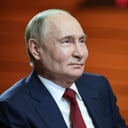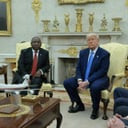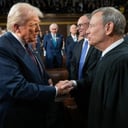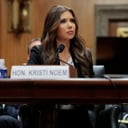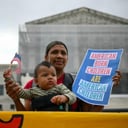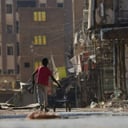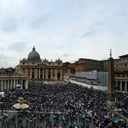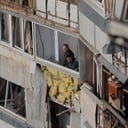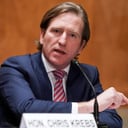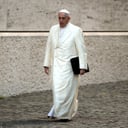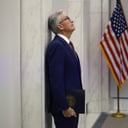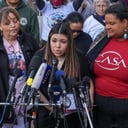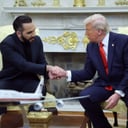
How New Zealand's Jacinda Ardern broke the political mold
Whether it was her history making win in 2017.Or the history she made as only the second woman elected to lead a country to give birth while IN office.Or her decision to step away from power after leading New Zealand through crisis after crisis.Jacinda Ardern could never be described as a TYPICAL politician. But perhaps the most norm-busting feature of her time as Prime Minister was her rejection of the old ways of leadership.Now as she reflects on her time as Prime Minister of New Zealand Ardern is emphasizing the need to lead with kindness and empathy. For sponsor-free episodes of Consider This, sign up for Consider This+ via Apple Podcasts or at plus.npr.org. Email us at [email protected] more about sponsor message choices: podcastchoices.com/adchoicesNPR Privacy Policy

How New Zealand's Jacinda Ardern broke the political mold
Whether it was her history making win in 2017.Or the history she made as only the second woman elected to lead a country to give birth while IN office.Or her decision to step away from power after leading New Zealand through crisis after crisis.Jacinda Ardern could never be described as a TYPICAL politician. But perhaps the most norm-busting feature of her time as Prime Minister was her rejection of the old ways of leadership.Now as she reflects on her time as Prime Minister of New Zealand Ardern is emphasizing the need to lead with kindness and empathy. For sponsor-free episodes of Consider This, sign up for Consider This+ via Apple Podcasts or at plus.npr.org. Email us at [email protected] more about sponsor message choices: podcastchoices.com/adchoicesNPR Privacy Policy



